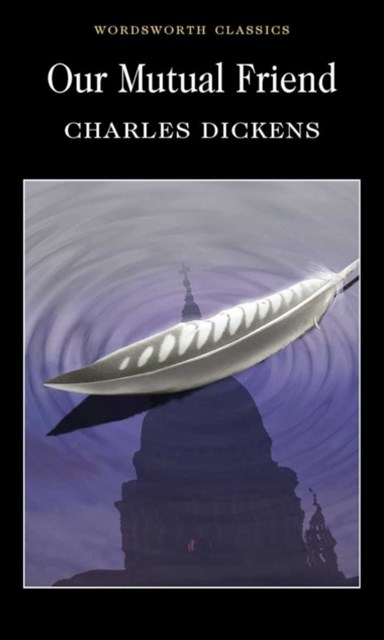
With an Introduction and Notes by Deborah Wynne, Chester College. Illustrated by Marcus Stone. 'Our Mutual Friend', Dickens' last complete novel, gives one of his most comprehensive and penetrating accounts of Victorian society. Its vision of a culture stifled by materialistic values emerges not just through its central narratives, but through its apparently incidental characters and scenes. The chief of its several plots centres on John Harmon who returns to England as his father's heir. He is believed drowned under suspicious circumstances - a situation convenient to his wish for anonymity until he can evaluate Bella Wilfer whom he must marry to secure his inheritance. The story is filled with colourful characters and incidents - the faded aristocrats and parvenus gathered at the Veneering's dinner table, Betty Higden and her terror of the workhouse and the greedy plottings of Silas Wegg. AUTHOR: When 'The Posthumous Papers of the Pickwick Club', his first novel, was published, Charles Dickens (1812-1870) was just twenty-four. Published, like most of his books, in weekly instalments, it started him on a path to fame, wealth and international acclaim. Widely considered to be a literary genius second only to Shakespeare, Dickens' works, such as 'Great Expectations' and 'A Christmas Carol', remain as popular as ever.
